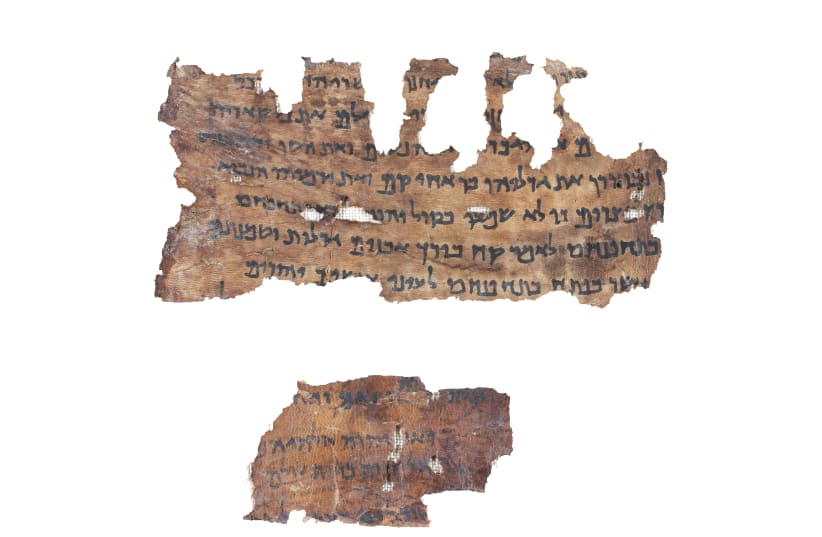A recently discovered poetic prayer written by the Ramban, or Nachmanides, the 13th-century Spanish rabbi and renowned author of commentaries on the Bible and the Talmud, has been translated into English and is now available on the website of the National Library of Israel.
The Ramban, also a leading kabbalist, was known by the initials in his name, Rabbi Moshe son of Nachman. He was born in Catalonia, but was forced to leave at the age of 70 after being ordered to defend his faith against Pablo Christiani, a Jewish convert to Christianity. Eventually he moved to Jerusalem, where he is credited with reestablishing Jewish life and settlement in the city.
The prayer falls in the category of bakashot, or supplications, which was a common form among Iberian Jews of the period. It was published in Hebrew for the first time last year, appearing in Idan Perez’s Sidur Catalunya, the first printed prayer book of the Catalonian liturgy and ritual used by the Ramban and the once-thriving Jewish communities of Catalonia, Valencia and Majorca, which were ultimately decimated by the Spanish Inquisition and Expulsion over 500 years ago.
It was found in a manuscript written just after the Expulsion that was likely used by Catalonian exiles living in Provence. It is now held in Rome’s Casanatense Library.
The manuscript can be seen online as part of Ktiv, the National Library of Israel-led initiative to open digital access to all of the world’s Hebrew manuscripts.
